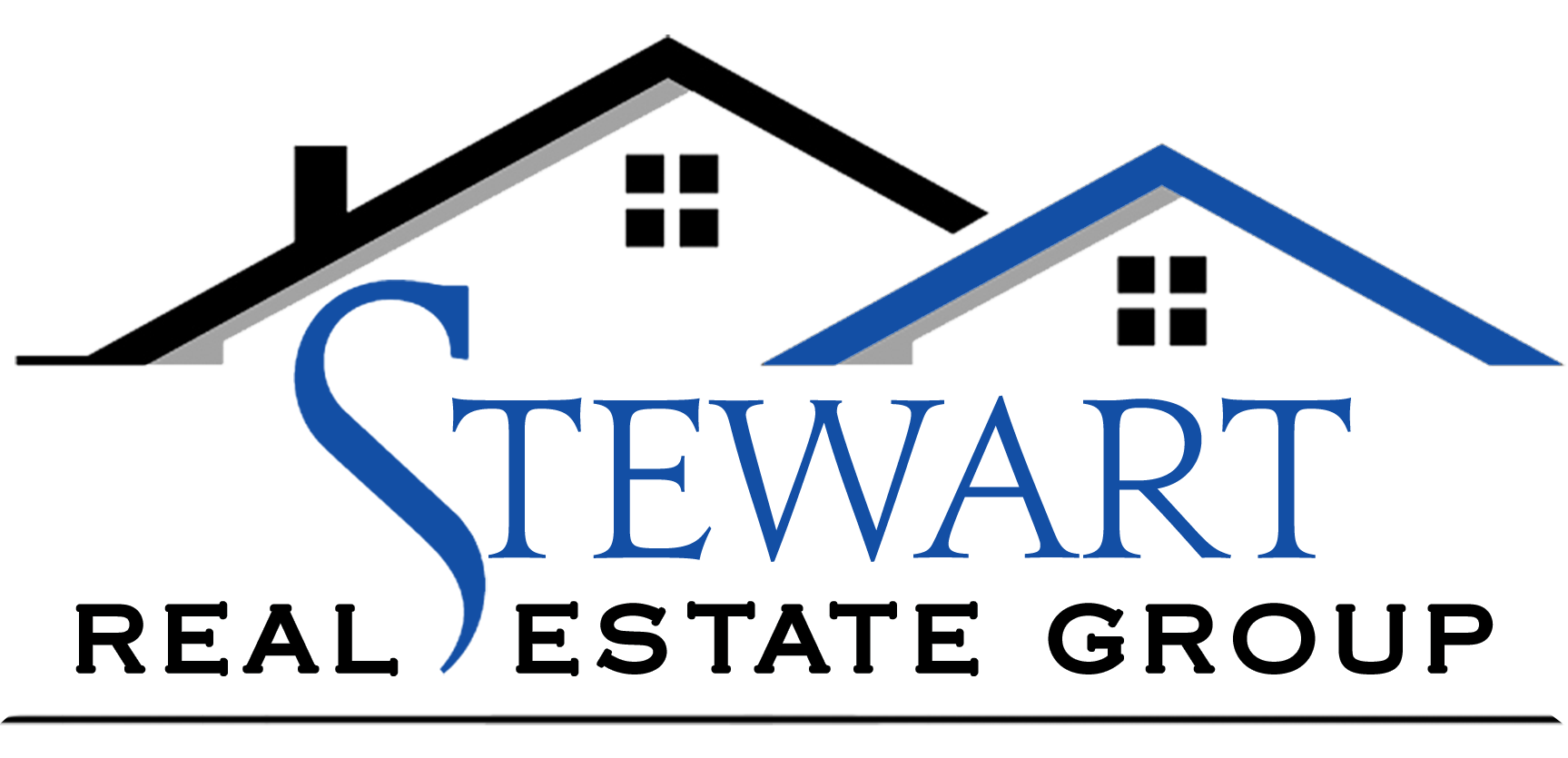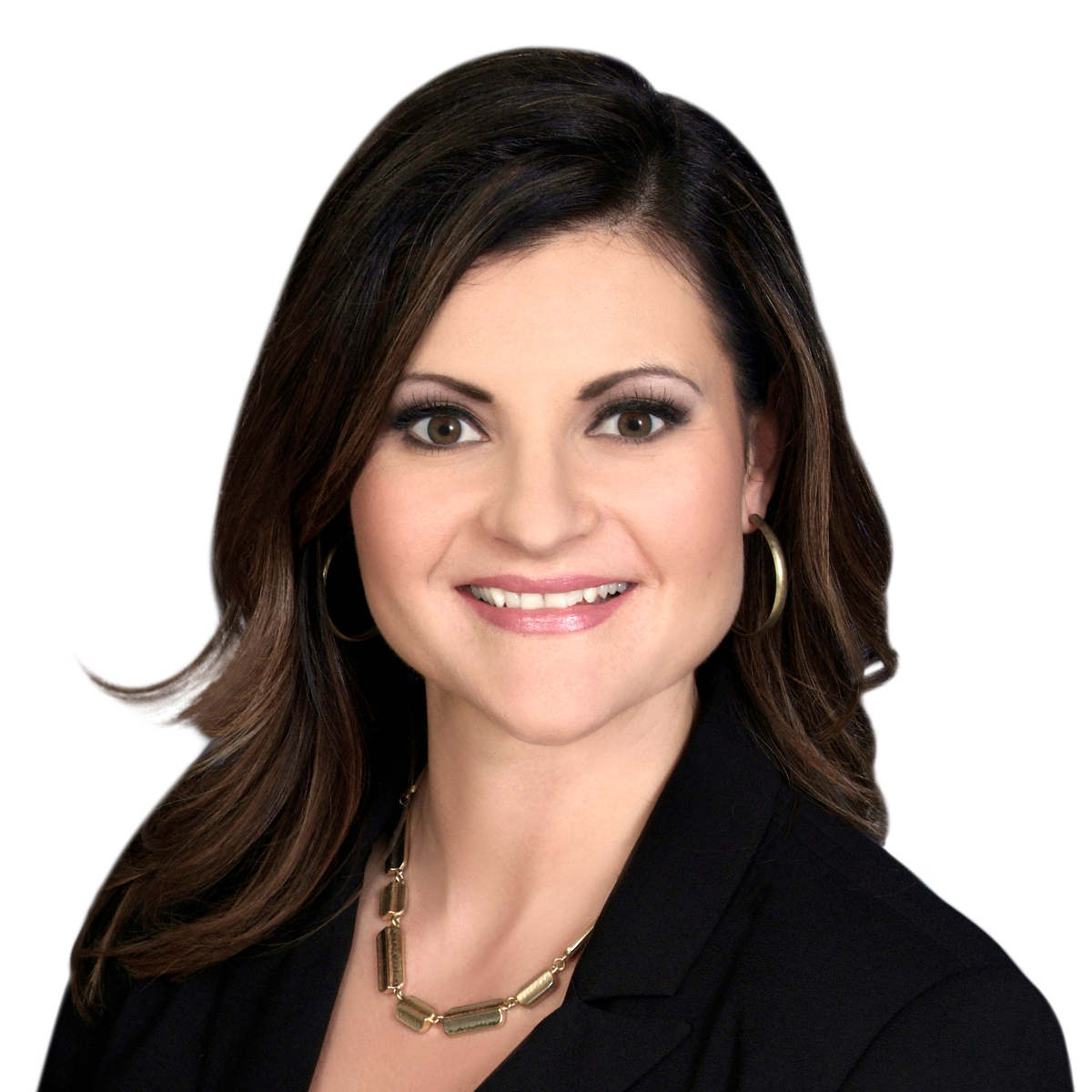Fall is the time of year where homeowners get their property tax statements in the mail, so today I’ll tell you what’s in yours and what that information means.
First, your statement comes in two colors: yellow or green. The majority of us receive a yellow document, which means your lender is likely paying your property tax by collecting a certain amount every month from your mortgage payment. If you get a green document, it means you pay your property tax outside of your mortgage payment (i.e., out of pocket).
Many people set aside their property tax statement until it’s time to do taxes, but right now represents your fiscal year of property taxes, and our property tax season can get very confusing—especially if you’re buying or selling a home. Why? We pay them during November, but collect them from June 30 to July 1, so the prorations can be kind of weird.
The No. 1 concern on most people’s minds when they receive their property tax is whether it went up or not. Usually, you’ll see a little increase, but by law it can’t increase by more than 3% per year. However, if you’ve done excessive remodeling, pulled permits, or the county finds out about certain details of your home that they didn’t know beforehand, it can go above 3%.
“The statement itself walks you through the market value of your home.”
Also, keep in mind that what your house would sell for and what the county assesses it at aren’t the same thing. Depending on your county, there are millage rates and other factors that go into an assessment. If you think you’re paying too much for your property tax, you can appeal to the county and possibly get them lowered.
The statement itself walks you through the market value of your home. The county bases your home’s RMV (real market value) on the land and structure. Most times, you want this number to be lower than the actual value of the home because you don’t want to pay more than you have to.
It also shows you what your property tax is paying for. A lot of surrounding counties are doing a ton of work on schools, for example, so you might be paying for that. Your money also goes toward local services. Different things can be added in depending on where you live.
As always, if you have any questions about this or any other topic, don’t hesitate to reach out to me. I’d be happy to help you.

